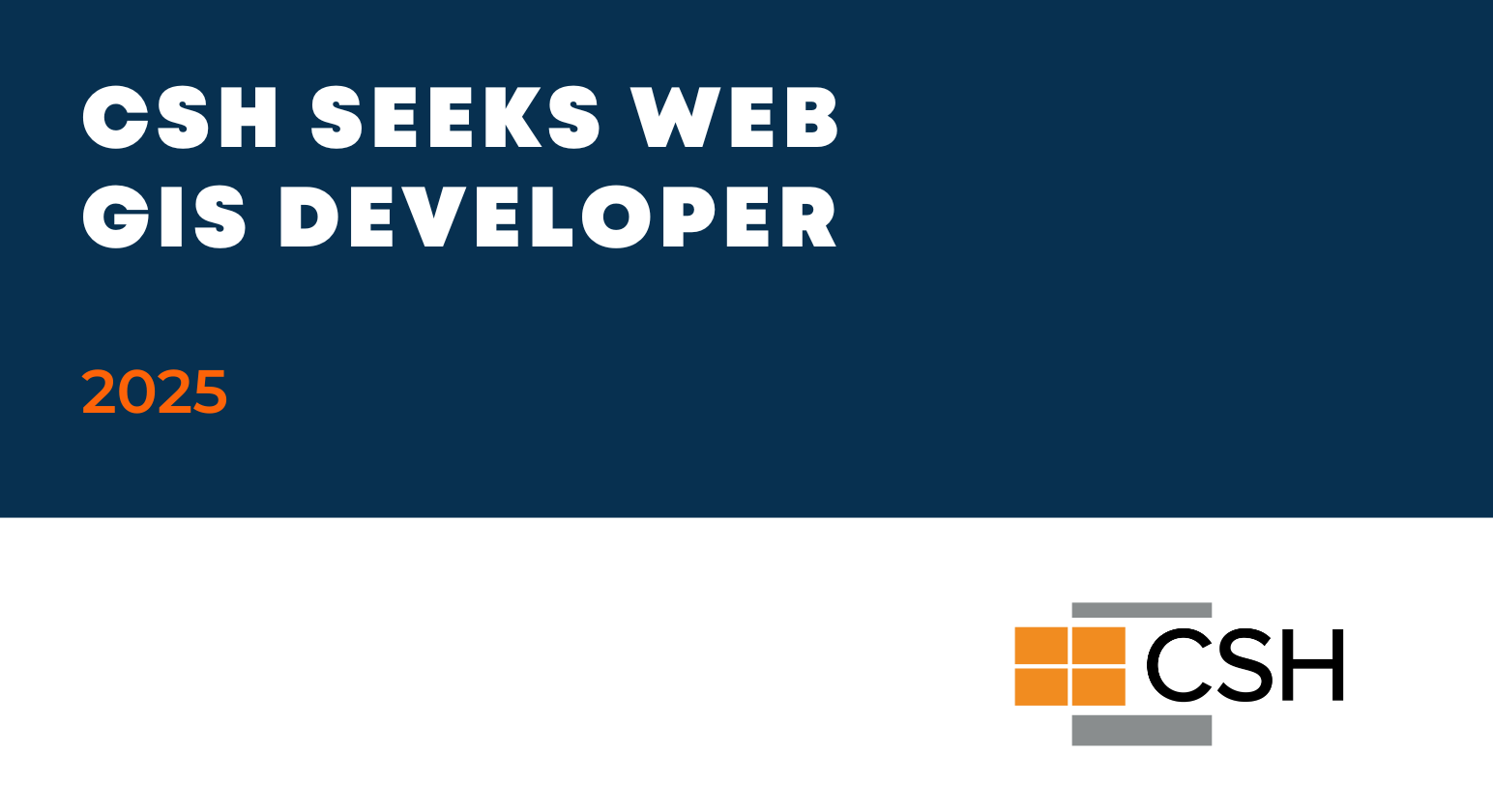Subcontracting Opportunities

Subcontracting Opportunities
June 25, 2025
Corporation for Supportive Housing (“CSH”) is seeking proposals from qualified firms or individuals to provide NMTC data consulting services. The ideal consultant will have deep...
Subcontracting Opportunities

Subcontracting Opportunities
June 9, 2025
Date Issued: June 10, 2025Date Proposals are Due: July 7, 2025 CSH seeks proposals to select a group of up to eight capacity building micro...
Subcontracting Opportunities

Subcontracting Opportunities
June 2, 2025
Date Issued: May 28, 2025Date Proposals are Due: June 27, 2025 About the RFP CSH seeks proposals from qualified consultants/firms to develop a national compensation...


Subcontracting Opportunities
May 8, 2025
RFP OVERVIEWCorporation for Supportive Housing (“CSH”) seeks proposals from qualified consultants/firms to develop public-facing web-based interactive GIS data tools and data sets. Key activities to...

